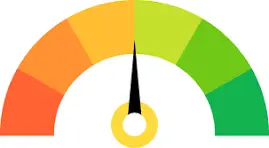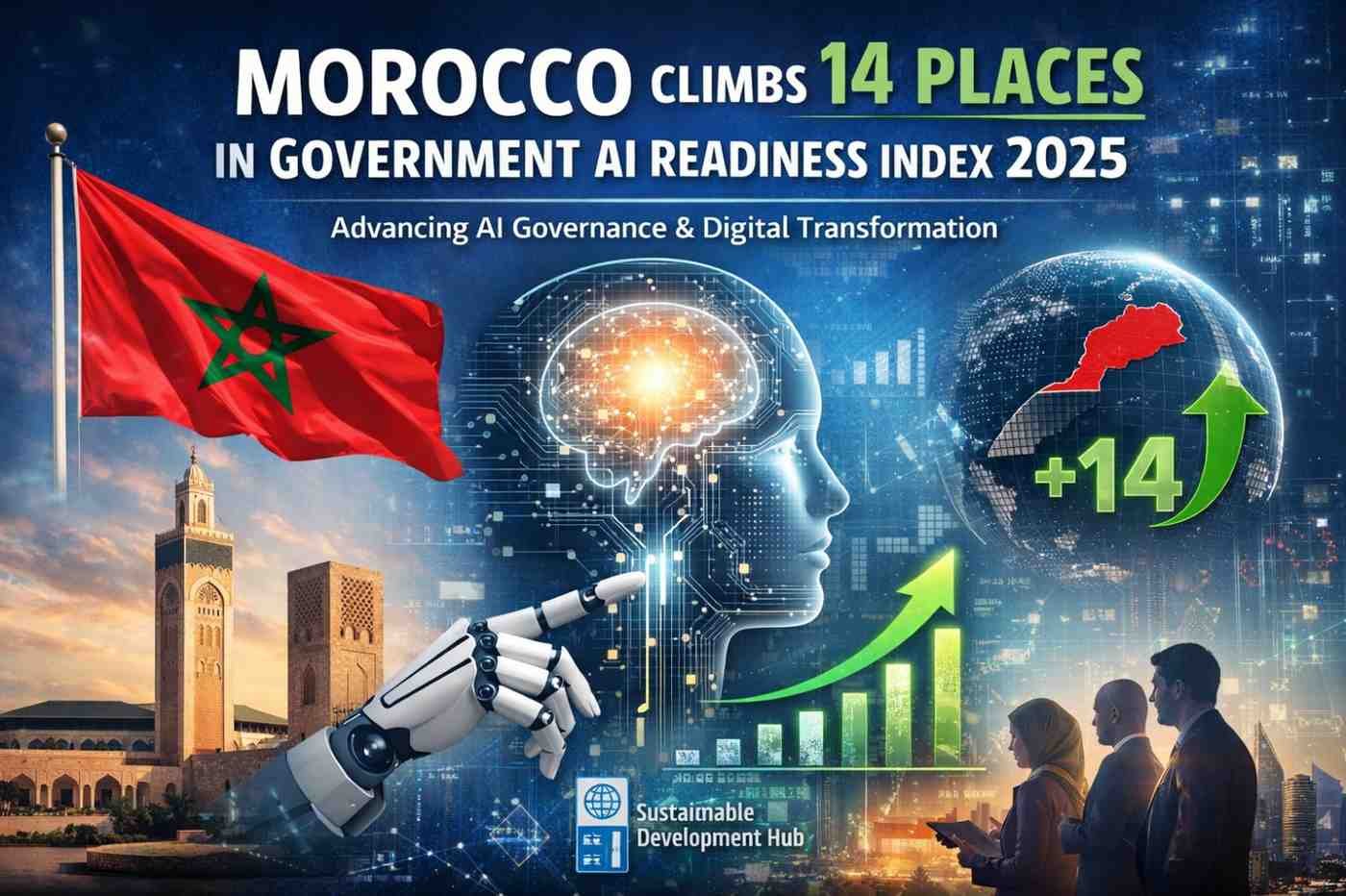Jordan has been ranked first in the Arab world and 20th globally in cybersecurity, achieving a score of 98.6% on the Global Cybersecurity Index, according to Nidal Bitar, CEO of the Information and Communications Technology Association of Jordan (Int@j). The announcement was made at the Invest in Digital Economy Forum in Amman, held under the theme “Digital Transformation for a Sustainable Digital Economy.”
Bitar attributed the milestone to the high competency of Jordanian youth and ICT companies, noting the country’s ability to compete internationally despite its size. Jordan’s ICT sector now comprises around 2,000 specialized companies and 450 start-ups, employing over 46,000 people and contributing JD3.6 billion to the economy.
He emphasized Jordan’s demographic advantage, with 7,000–8,000 ICT and engineering graduates annually from 39 universities and 51 community colleges. ICT programs are offered in 81% of universities, with women making up 40% of ICT graduates, placing Jordan among regional leaders in women’s participation in tech.
Jordan also benefits from extensive global market access, with 56 investment agreements and 8 free trade agreements providing full customs exemptions for ICT products and services. Locally, reduced tax rates of 5% for ICT companies, compared to the standard 20%, strengthen its appeal as a regional hub.
International confidence is reflected in the presence of Amazon, Microsoft, Cisco, Huawei, and Concentrix, which have established regional hubs in the Kingdom. Jordan also produces nearly 75% of Arabic digital content online.
The entrepreneurship ecosystem is thriving, with platforms such as StartupsJo.com showcasing over 470 start-ups, alongside accelerators, incubators, and investment funds.
Bitar highlighted Jordan’s specializations in cybersecurity, big data, software development, mobile apps, and FinTech, supported by the government’s push toward a cashless economy through initiatives like CliQ digital payments. He also pointed to emerging opportunities in digital health, tourism, e-learning, logistics (especially in Aqaba), and renewable energy, including green hydrogen projects.
















One thought on “Jordan Tops Arab World in Cybersecurity, Ranks 20th Globally”
Comments are closed.